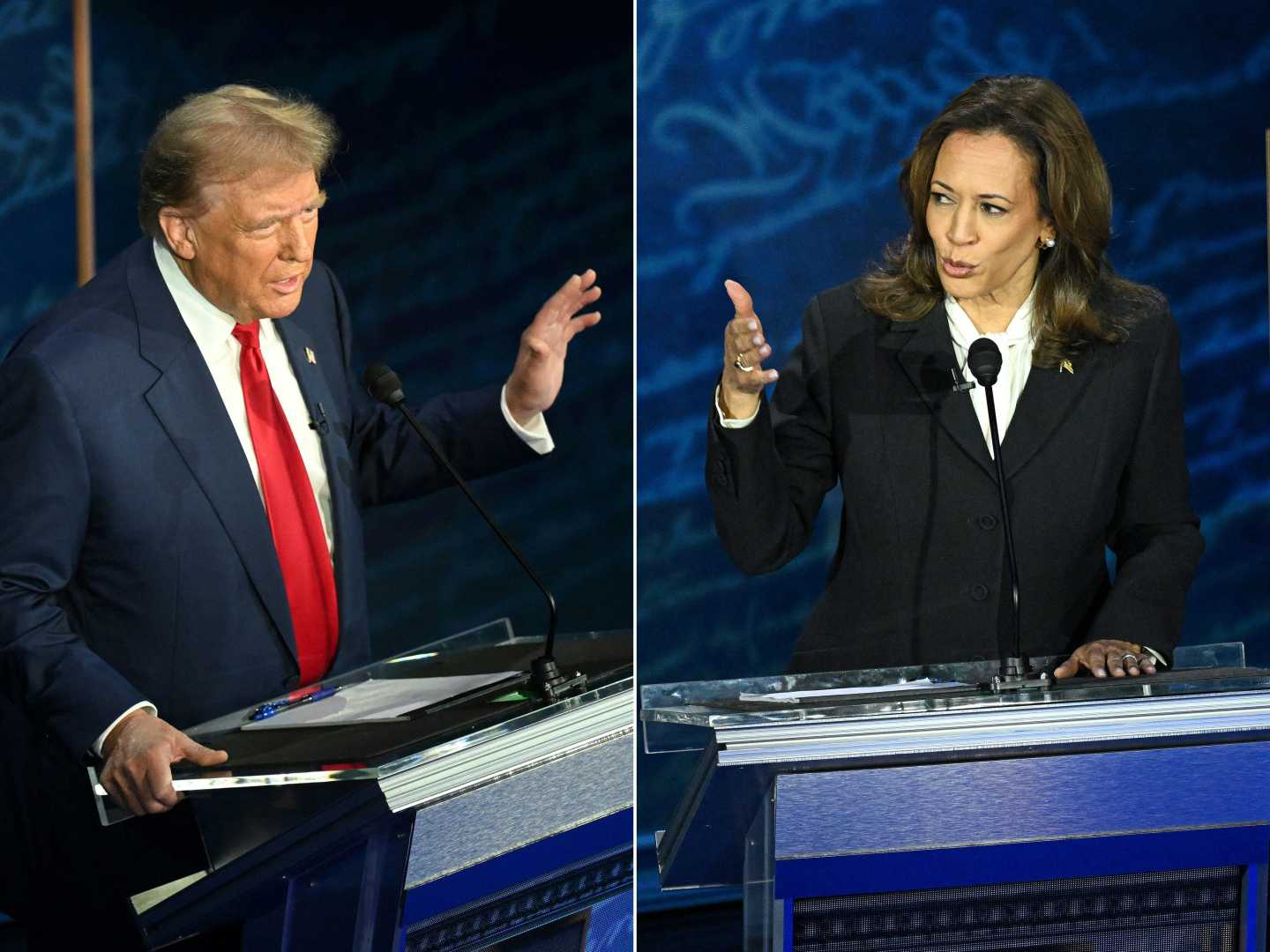Politics
Election Betting Odds Favor Trump: Here’s Why and How It Works

In the lead-up to the 2024 US presidential election, betting odds have become a significant indicator of the potential outcome, with former President Donald Trump currently favored to win. According to various betting platforms, Trump has opened up a sizable advantage in the election betting odds over the past few weeks. Maxim Lott of ElectionBettingOdds.com noted that Trump has a 58.5% chance of winning as of Monday, based on data from five different betting sites.
The betting market has seen substantial activity, with over $2 billion already bet on the election. This includes significant bets from mystery individuals who have wagered millions on a Trump victory. Platforms like Polymarket have facilitated this betting, despite ongoing legal debates about the legitimacy of such activities in the US. A recent federal appeals court ruling allowed prediction market Kalshi to offer contracts on US elections, though federal regulators continue to argue that these contracts amount to illegal gaming.
Experts argue that betting odds can be more accurate predictors of election outcomes than traditional polls. Lott explained that betting markets incorporate a wide range of historical data and trends, and because bettors risk their own money, the market tends to discipline those who make biased or uninformed bets. This makes the betting averages more reliable than polls or pundit opinions.
The dynamic between betting odds and polls is also noteworthy. Currently, while betting markets favor Trump, some polls still show Vice President Kamala Harris in the lead. This divergence is not new; in the 2016 election, betting markets were more bullish on Trump than the polls, and he ultimately won. Dr. Grant Ferguson of Texas Christian University highlighted that betting markets can react in real-time to changes in public sentiment and information, making them potentially more responsive than traditional polling methods.
Betting on elections is not a new phenomenon but has gained more visibility and legitimacy in recent years. Historically, such betting has occurred in various forms, including in the financial districts of New York during the late 19th and early 20th centuries. Today, it has become a way for people to engage more actively with the political process, even if it is through a financial lens.












